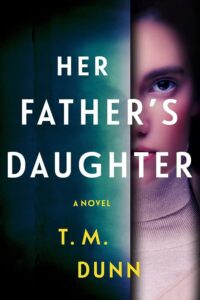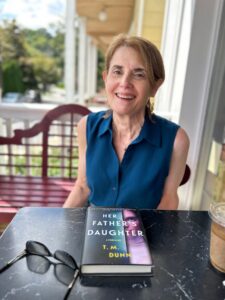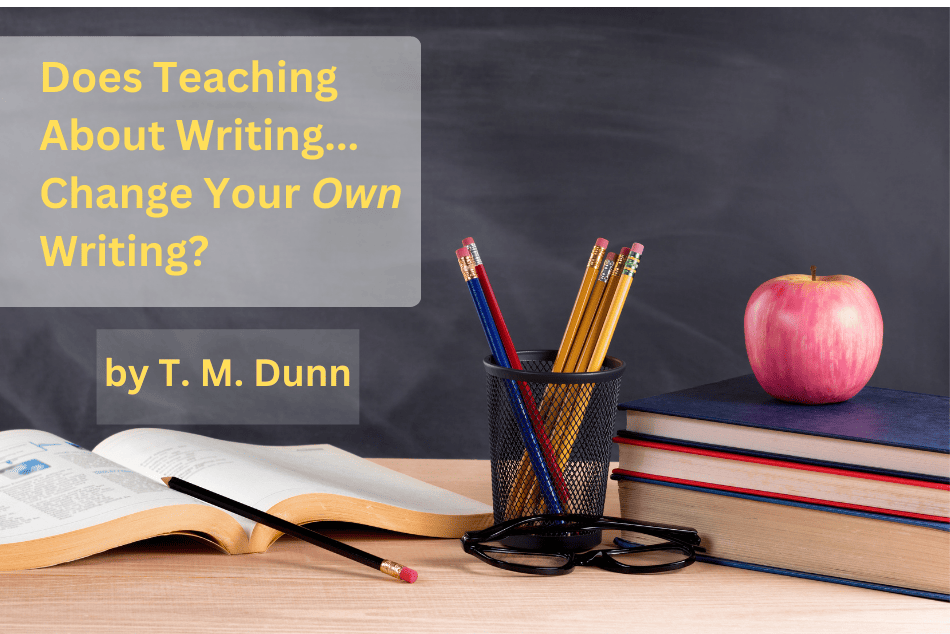I was a young aspiring writer in the days when a laptop was the tray where I rested my dinner plate while watching “The Brady Brunch” on TV.
Since second-grade when my teacher chose my poem, Christmas, to be included in P.S. 71’s school yearbook, I wanted to be a writer. Over the years I had other several teachers who encouraged my desire to write, but my tenth-grade journalism teacher, Mrs. Z, was the first one who called herself a “writer.”
Whenever she stabbed her desk with the tip of her red marking pencil and said, “If you want to be a writer, don’t teach,” or “Those who can, do, and those who can’ t, teach,” I didn’t hear advice, I heard scripture, words to write down in my journal, and to one day live by.
Before teaching high school English and Journalism as an elective, Mrs. Z wrote for newspapers and magazines. She was a freelancer. To my tenth-grade-dreaming-of-being-a-writer self, this sounded like the coolest job in the world. It would be a few years before I understood the challenge of stringing together enough freelance work to pay the bills. Health Insurance? What was that?
When Mrs. Z, the person I now longed to be when I grew up, asked me if I wanted to start the first student newspaper in our high school’s history, I responded in my don’t-show-enthusiasm-to-adults teen voice, and said, “Ok, I guess.” Then I ran down three flights, two steps at time, to find Carmela and Joey, my two-best friends who I had begged to take the journalism class with me. Using persuasion and pizza burgers, I convinced them to help me.
The three of us found, researched, and wrote twenty-three stories, plus Ms. Cleo (Carmela and Joey’s advice column) before winter vacation. By the next cheap chocolates in heart-shaped cardboard boxes day, using the one finger method, we typed every word on a manual typewriter with the sticky “H” and “I” keys.
The week of spring midterms, tooled with exacto knives in one hand and rubber cement in the other, Mrs. Z and I laid out the paper, then turned it over to Mr. R and his printing class.
Any illusion I had that a writing career was all glamour and fun had vanished, but it wasn’t until the second to last week of the school year, with most of Mr. Z’s students failing since they had been skipping his class, the last period of the day, most of the semester, and all hope of our inaugural issue going to print, that I was ready to give up on the newspaper and put my writing dream to bed for good.
Mrs. Z refused to give up. She helped us retype every story on carbon copy paper, and with a machine she called a mimeograph, the same technology she had used when she worked on her high school newspaper, for the next nine school days, we copied– before school, after school, during lunch period, nine-hundred and twenty-three copies, a paper for every student in the school. Our inaugural issue was finally out. In real time Mrs. Z demonstrated the meaning of “where there’s a will there’s a way. “
“How does it feel like to be published?” Mrs. Z asked.
With my blue ink-stained fingertips, I picked up one of the several hundred extra newspapers we had piled in the corner of her classroom (more than half the students called in absent since it was the last half day) and under the headline, “Bake Sale for Cambodia,” I read, out loud, Patricia Dunn, my first byline. In typical teen fashion I said, “Okay, I guess.”
Mrs. Z smiled, not too widely as to appear uncool. She knew then what I wouldn’t know for years, this was the moment that sealed the deal. I was going to be writer and I knew it was going to take lots of hard work to get there and stay there.
At first I started teaching writing to help supplement my income, but the reason I continued to teach was that working with aspiring writers made me a better writer. My students not only inspired me to write but were often the reason I kept writing.
I understand now how when Mrs. Z said, “If you want to be a writer, don’t teach,” she wasn’t talking to me, she was talking to herself. I now realize at the time she was not writing, and she blamed the teaching for that.
I do hope that eventually her teaching stopped being her excuse for not writing, but gave her a reason to write.
If she only knew how she was the reason that I, and many others like me, grew up to become the writers we dreamt of one day being.
Do you think teaching writing can change the way the teacher writes? Do you think one enhances the other ? Or harms it? Do you have a teacher who inspired you to write? Let’s talk about it on the Career Authors Facebook page.
 T. M. Dunn has served as Senior Director of the Writing Institute at Sarah Lawrence College, where she holds an MFA in creative writing. She coaches aspiring and established writers and teaches creative writing workshops. She is the co-host of the Westport Library’s podcast, “Go Ahead, Write Something.” This Italian-American, Bronx-raised rebe
T. M. Dunn has served as Senior Director of the Writing Institute at Sarah Lawrence College, where she holds an MFA in creative writing. She coaches aspiring and established writers and teaches creative writing workshops. She is the co-host of the Westport Library’s podcast, “Go Ahead, Write Something.” This Italian-American, Bronx-raised rebe l has traveled the world. She lives in Stamford, Connecticut where she is currently working on her next novel, with her rescue puppy Blanqui snuggled at her side. Her current novel is HER FATHER’S DAUGHTER.
l has traveled the world. She lives in Stamford, Connecticut where she is currently working on her next novel, with her rescue puppy Blanqui snuggled at her side. Her current novel is HER FATHER’S DAUGHTER.




